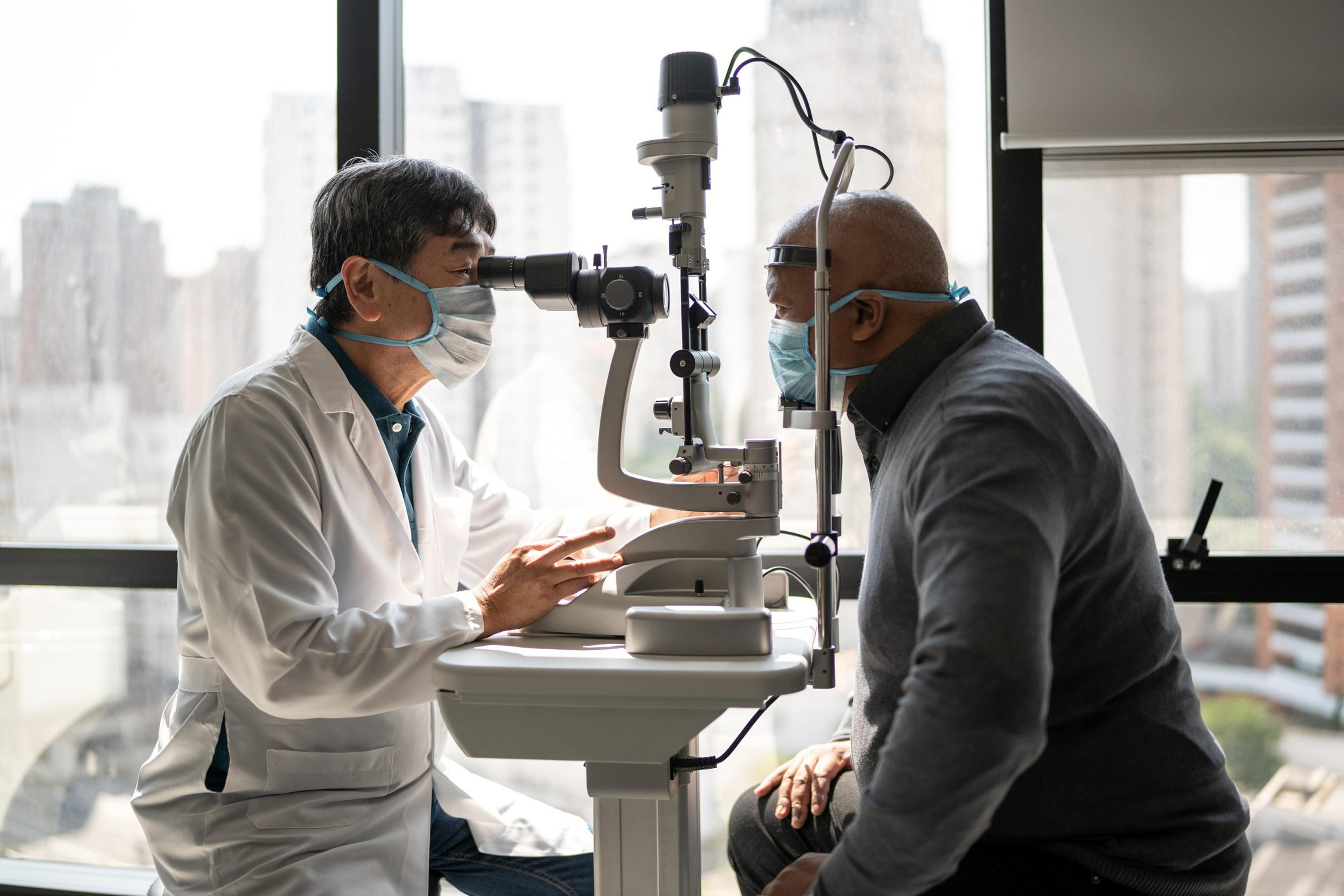5 Common Signs That You Should Visit An Ophthalmologist

When it comes to your overall health, your eyes play a key role in informing you when something is not right. Sadly, eyes are susceptible to conditions and diseases that could hugely affect your everyday life, so appropriate care is necessary. Most individuals believe that maintaining proper eye health entails visiting the optician for eye tests or changing their glasses or contacts. Unfortunately, opticians are not skilled to deal with health concerns that could affect your vision. For eye conditions, you should see a specialist eye doctor, commonly known as an ophthalmologist. Here are the many signs that you should seek ophthalmology Hamilton care to preserve your eye health.
1. Blurry Vision
Blurry vision is one of the most common vision issues, which often signifies an underlying, serious eye condition. If you experience sudden blurry vision, or it becomes more blurry than normal, you should seek immediate care.
In most cases, the solution may be an updated prescription. However, during the eye exam, your ophthalmologist will check for retinal disease, glaucoma, macular degeneration, and other eye conditions that could cause blurry vision.
2. Constant Headaches
Headaches are normal and stem from everyday triggers like physical and emotional stress. However, suppose you experience constant headaches that range from a dull ache around the temples to a shooting pain behind or around the eyes. In that case, it could indicate glaucoma, eyestrain, or an infection. Besides, headaches could signal issues with binocular vision, like convergence insufficiency or amblyopia.
3. Seeing Double
Double vision could indicate stroke, injury, illness, or tumor. If your double vision appears suddenly or is chronic, contact your ophthalmologist.
Double vision could result from several factors, including keratoconus, dry eye, and astigmatism. Often, this condition is treatable with dry eye treatments, eyeglasses, or contact lenses.
Nevertheless, double vision could result from your eyes failing to coordinate appropriately. If so, your ophthalmologist may suggest vision therapy.
4. Eye Discomfort
Any discomfort in or around your eyes is abnormal and could be a sign of a serious issue. Conditions like ocular tumors or a specific type of glaucoma could cause serious eye discomfort, and cause blindness for some days. Other common reasons for eye discomfort include scratches, sunburns on the cornea, irritation caused by allergies or a foreign item within the eye, or infections like dry eye syndrome and pink eye.
5. Large Floaters or Flashing Lights
Floaters are the tiny lines or circles you occasionally observe floating in your field of view. Observing floaters or flashing lights occasionally is normal, and you will observe them more as you grow older. Nonetheless, if you observe an abnormally huge floater or many flashing lights, you might have retinal detachment or tear that requires prompt attention.
Maintaining good eye health is vital for your overall well-being. Regular visits to your ophthalmologist help identify and avoid eye-related issues. The sooner an eye condition is identified, the more likely the treatment outcome will be desirable and that you can avoid more serious vision issues like total blindness. Depending on your unique eye condition, your ophthalmologist will explore various care solutions, including prescription glasses, medication, contact lenses, or even surgery. Besides, your doctor can educate you on maintaining good eye health through measures like taking breaks from blue light, healthy dieting, avoiding harmful UV rays, and more.





